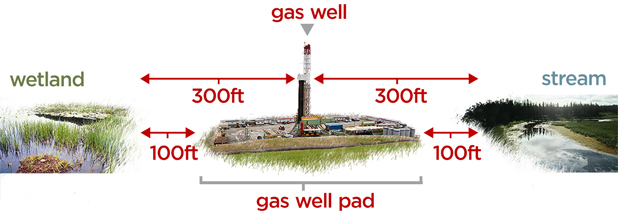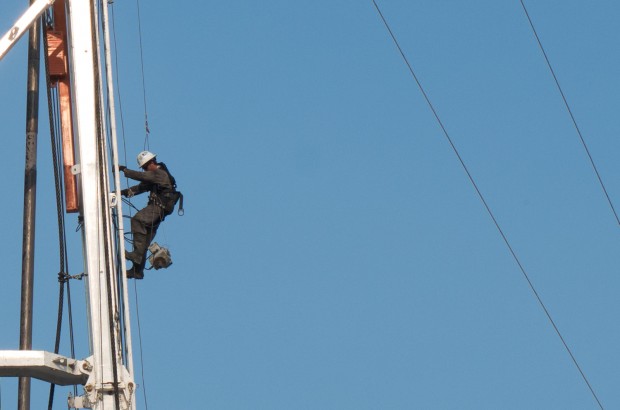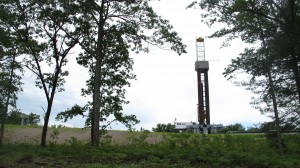StateImpact Pennsylvania’s most popular web stories of 2014
-
Marie Cusick
Web traffic can be unpredictable. Sometimes a great story doesn’t get a lot of clicks. Other times, breaking news or a popular search term suddenly attracts tons of traffic. As we look back on 2014, it’s clear we got a lot of clicks, comments, and reactions from you— our online readers.
We’ve crunched the numbers, and over the next few days we’ll be counting down the most popular web stories of the year.
Today starts with #10 and #9. We’ll be rolling out more every day on our homepage. Check back on December 31st for the top story.
10. Corbett budget proposal expands drilling in state parks and forests
This was arguably one of Governor Corbett’s most controversial policies related to gas development in 2014. In May he issued an executive order lifting a 2010 moratorium on new leasing in public parks and forests. His administration called it “non-impact drilling” and said it was a restrictive approach because drillers could extract gas from underground, but could not create new surface disturbances. It later became clear the policy would allow everything from new drill rigs and trucks in the forests, to new five-acre wellpads (provided the new pad also serviced a previously leased area).
Update: It’s not clear if any new leases will be signed. Corbett was challenged in court by a environmental group. That case is still pending. Gov.-elect Wolf has vowed to reinstate the moratorium on new leasing.
9. Did PA’s highest court unravel environmental protections for oil and gas?

Pennsylvania’s oil and gas law (known as Act 13) required unconventional gas wells to be at lease 300 feet from waterways, with the edge of the wellpad 100 feet away. The state supreme court stuck down this provision of the law, among others.
A year ago portions of Pennsylvania’s 2012 oil and gas law (known as Act 13) were struck down by the state Supreme Court, including the stream and wetland setback requirements. The court held that since it was so easy for gas companies to bypass the setback rules, the law violated the environmental rights of Pennsylvanians.
The justices took issue with the fact that Act 13 required the state Department of Environmental Protection to waive the setbacks, as long as a company submitted a plan showing it would take adequate measures to protect waterways. Governor Cobett called the decision “unacceptable” and said it would imperil the state’s waterways. Environmental groups said the setbacks were so minimal, it didn’t make a difference, and they argued the DEP is already required to protect the state’s waterways under a separate law.
Update: The DEP later acknowledged it always granted requests from Marcellus Shale drillers to waive the setback requirements. The industry said it will still try to adhere to them, even though they’re no longer law.


















